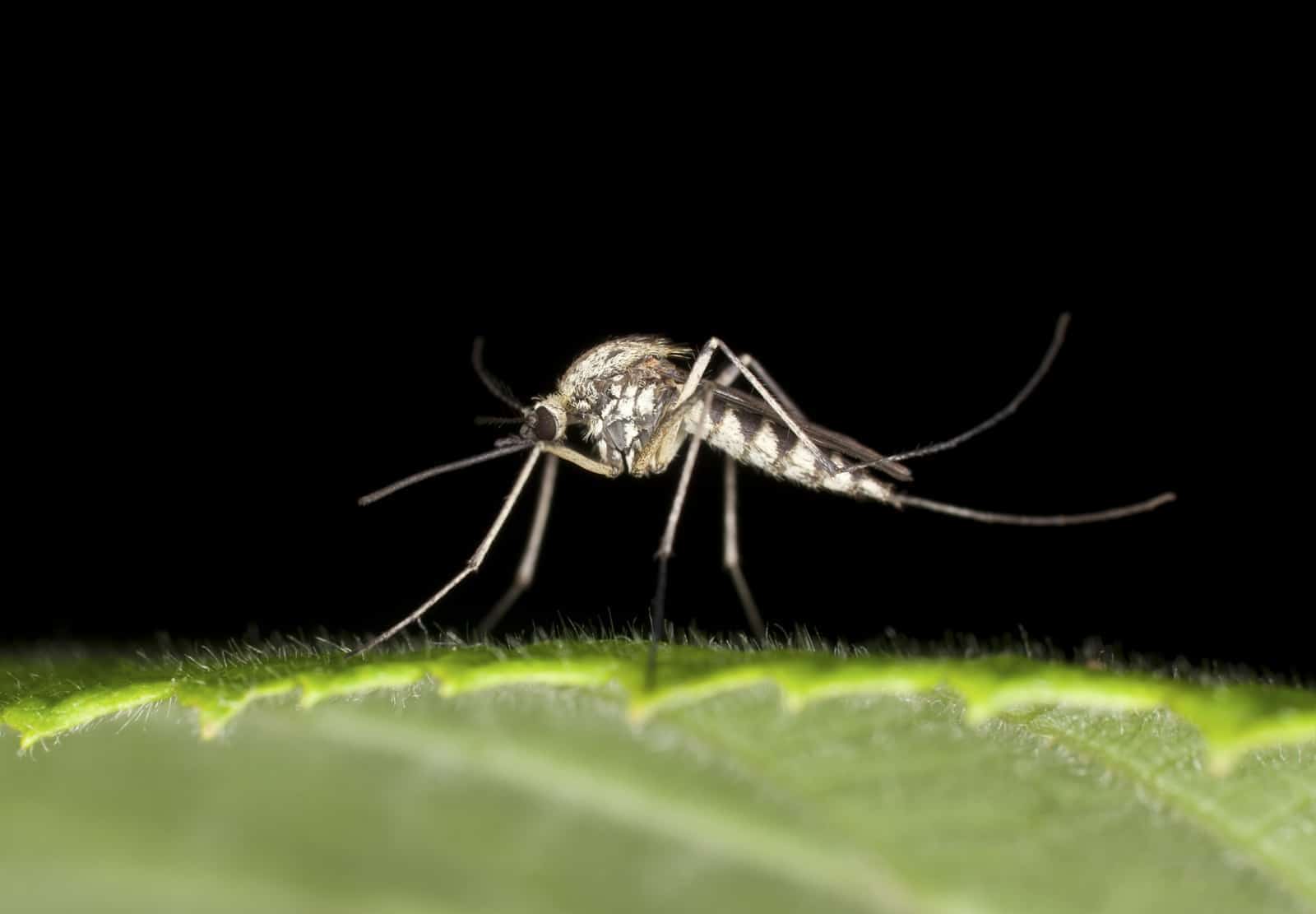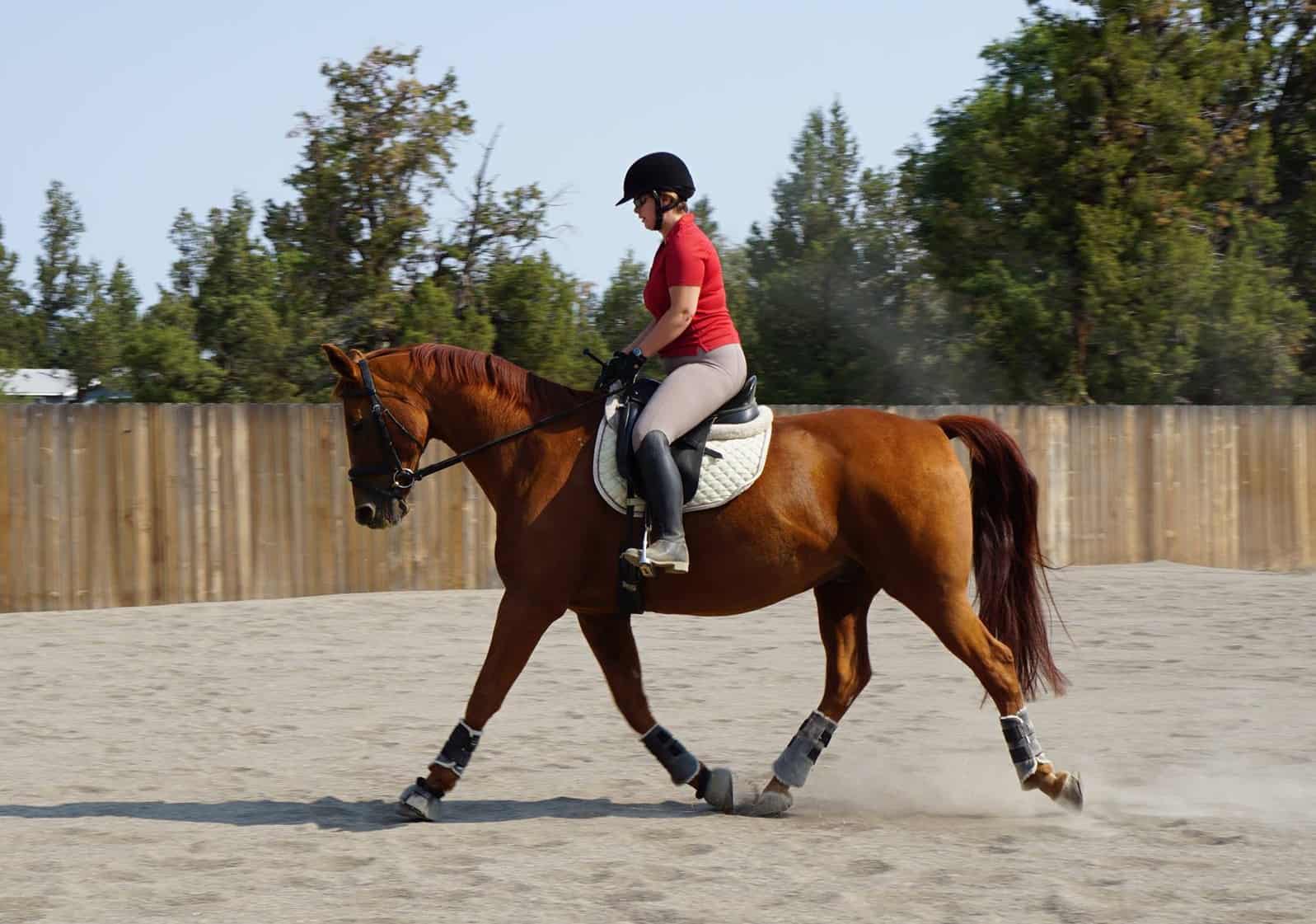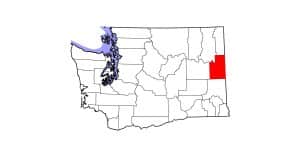Mississippi Reports 7 EEE Cases in Horses
All seven horses were either unvaccinated or undervaccinated against the mosquito-borne disease.
Share
ADVERTISEMENT

EEE is a viral disease that affects the central nervous system and is transmitted to equids by infected mosquitoes. | Photo: iStock
What Is EEE?
EEE is a viral disease that affects the central nervous system and is transmitted to equids by infected mosquitoes.
Clinical signs in horses include:
- Moderate to high fever;
- Depression;
- Lack of appetite;
- Cranial nerve deficits (facial paralysis, tongue weakness, difficulty swallowing);
- Behavioral changes (aggression, self-mutilation, or drowsiness);
- Gait abnormalities; and
- Severe central nervous system signs, such as head-pressing, circling, blindness, and seizures.

The disease can progress rapidly, with death occurring two to three days after onset of clinical signs despite intensive care in some cases. Fatality rates can reach 75-80%. Equids that survive might have long-lasting impairments and neurologic problems
Create a free account with TheHorse.com to view this content.
TheHorse.com is home to thousands of free articles about horse health care. In order to access some of our exclusive free content, you must be signed into TheHorse.com.
Start your free account today!
Already have an account?
and continue reading.
Share

Written by:
Michelle Anderson
Michelle Anderson is the former digital managing editor at The Horse. A lifelong horse owner, Anderson competes in dressage and enjoys trail riding. She’s a Washington State University graduate and holds a bachelor’s degree in communications with a minor in business administration and extensive coursework in animal sciences. She has worked in equine publishing since 1998. She currently lives with her husband on a small horse property in Central Oregon.
Related Articles
Stay on top of the most recent Horse Health news with












